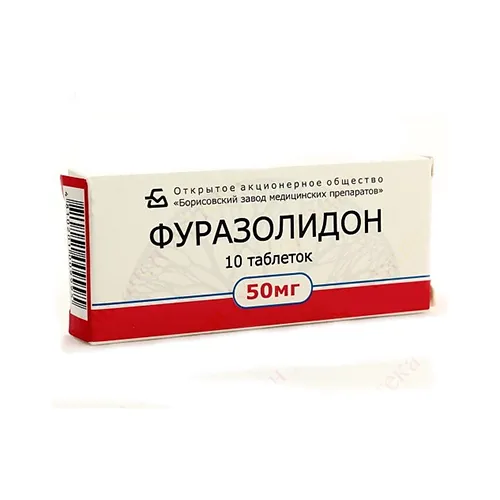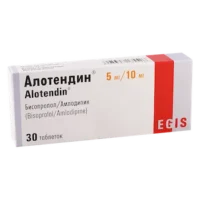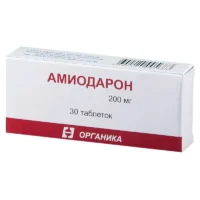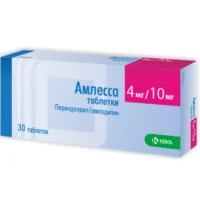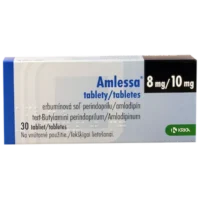Description
Furosemide Tablets 40 mg. №50
Composition
Each tablet contains 40 mg of Furosemide as the active ingredient.
Mechanism of Action
Furosemide, a loop diuretic, inhibits the reabsorption of sodium and chloride in the renal tubules, leading to increased excretion of water and electrolytes, thereby reducing fluid retention in conditions such as heart failure and renal disease.
Pharmacological Properties
Furosemide acts on the loop of Henle to promote diuresis and decrease edema formation by enhancing water and salt excretion.
Indications for Use
Furosemide is indicated for the treatment of edema associated with congestive heart failure, cirrhosis of the liver, and renal disease.
Contraindications
Avoid Furosemide if allergic to it or in cases of anuria (inability to urinate) due to the risk of exacerbating fluid retention and electrolyte imbalances.
Side Effects
- Electrolyte imbalances (e.g., hypokalemia, hyponatremia)
- Dizziness
- Dehydration
- Hypotension
Usage Instructions
The usual adult dosage ranges from 20-80 mg per day, administered orally once or twice daily as directed by a healthcare provider.
Benefits Compared to Analogues
Furosemide offers potent diuretic effects with a well-established efficacy profile compared to other diuretics, making it a preferred choice in managing fluid overload conditions.
Suitable Patient Groups
Furosemide is suitable for adults, including elderly patients, and pediatric populations under appropriate medical supervision.
Storage and Shelf Life
Store Furosemide tablets in a cool, dry place away from moisture and sunlight. Check the expiration date on the packaging and do not use expired medication.
Packaging Description
Furosemide tablets are typically packaged in a box containing 50 tablets of 40 mg strength each, clearly labeled with dosage information and ingredients.
Clinical Evidence and Proven Effectiveness
Studies have demonstrated the efficacy of Furosemide in managing edema and fluid overload in various conditions. For example, research published in the Journal of the American College of Cardiology highlighted the positive impact of Furosemide on symptom relief and outcomes in heart failure patients.
Additional Information
Regular monitoring of electrolyte levels is crucial during Furosemide therapy to prevent imbalances. Patients should disclose all medications to their healthcare provider to avoid potential drug interactions.

